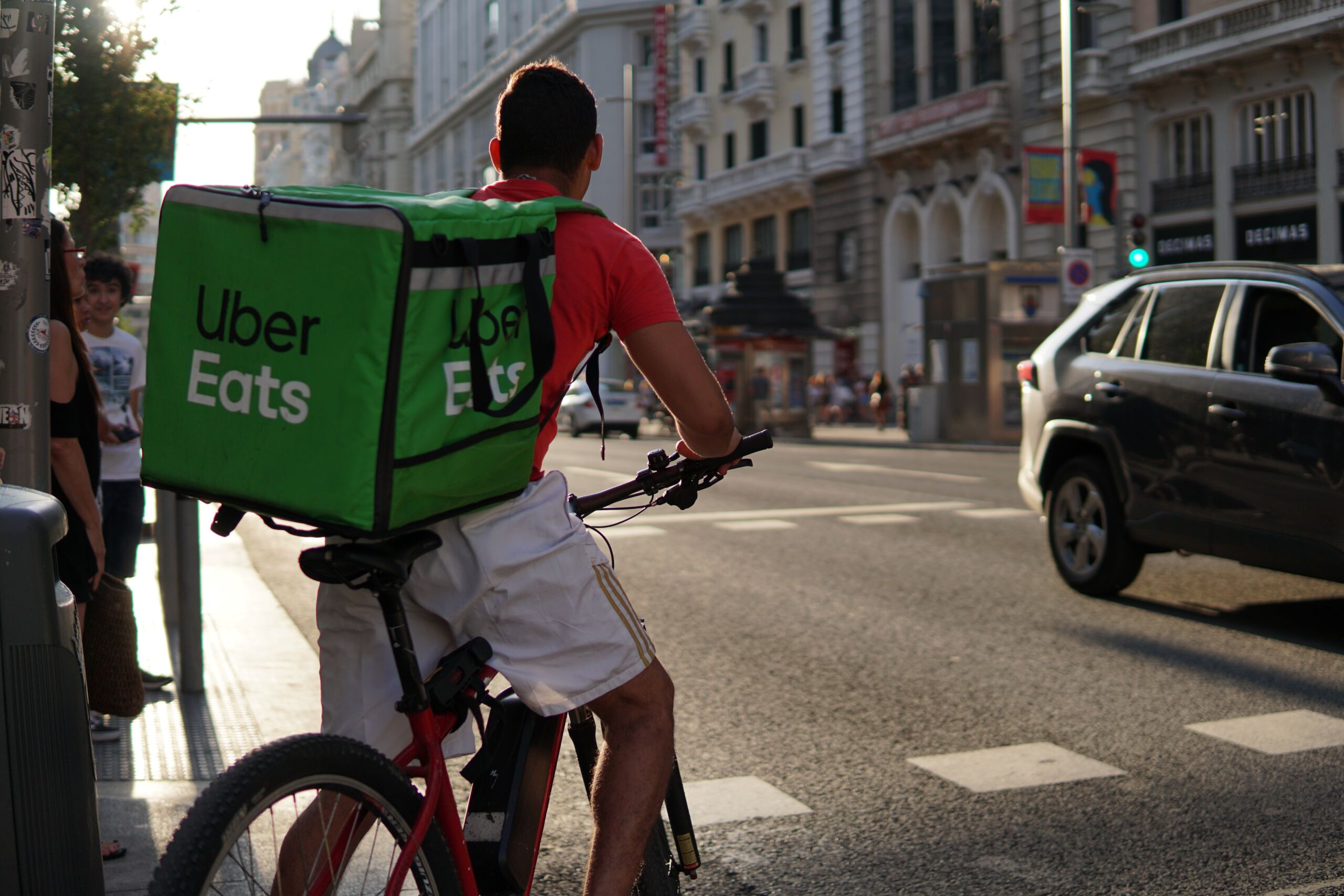Uber Eats and the Pandemic Economy
Armin Samii, a computer programmer who has been working part-time for Uber Eats, claims to have found evidence that the food delivery service has been routinely underpaying its drivers. Uber Eats’ policy is to pay its delivery works on a per-mile basis. This is the standard within the food delivery industry. However, according to a Google Chrome extension, “UberCheats,” built by Samii, Uber has allegedly been regularly shorting its delivery workers on 25-30% of trips, according to Salon.
Samii created this extension after an experience he had with Uber in which the food delivery company admitted to him that, because of a bug on Uber Eats’ end, he was not properly paid for his full delivery. Samii collected data from around 160 Uber Eats drivers through his extension. Through this, he estimates that Uber has underpaid workers on approximately 21% of trips, per Business Insider. To this end, Samii’s data shows that Uber Eats’ delivery drivers are being underpaid by an average of 1.3 miles on those approximately 21% of trips. This finding of routine underpayment by Uber, as well as Uber’s own admission that a bug does, in fact, exist within the delivery tracking method, is potentially disconcerting to Uber eats’ delivery drivers across the country.
What Changed?
Amid a global pandemic, the need for has become apparent to many. The potential that such automation is shorting employee wages on a regular basis is worrisome and harmful as our economy continues to grow and change. In recent months, more people have begun to rely on food delivery services to avoid exposure to illness, increasing the demand for delivery drivers in the food service industry. Competition has increase as the food delivery industry has become more crowded and ever more necessary. No worker, including the gig workers we have become reliant on during the pandemic, should fear that their employer is intentionally paying them less than they are owed. The increased competition and demand for delivery service is an additional stressor, and improper payment for services is detrimental to the livelihood of this workforce.
-Jacob Mikalov for Barkan Meizlish DeRose Cox, LLP



